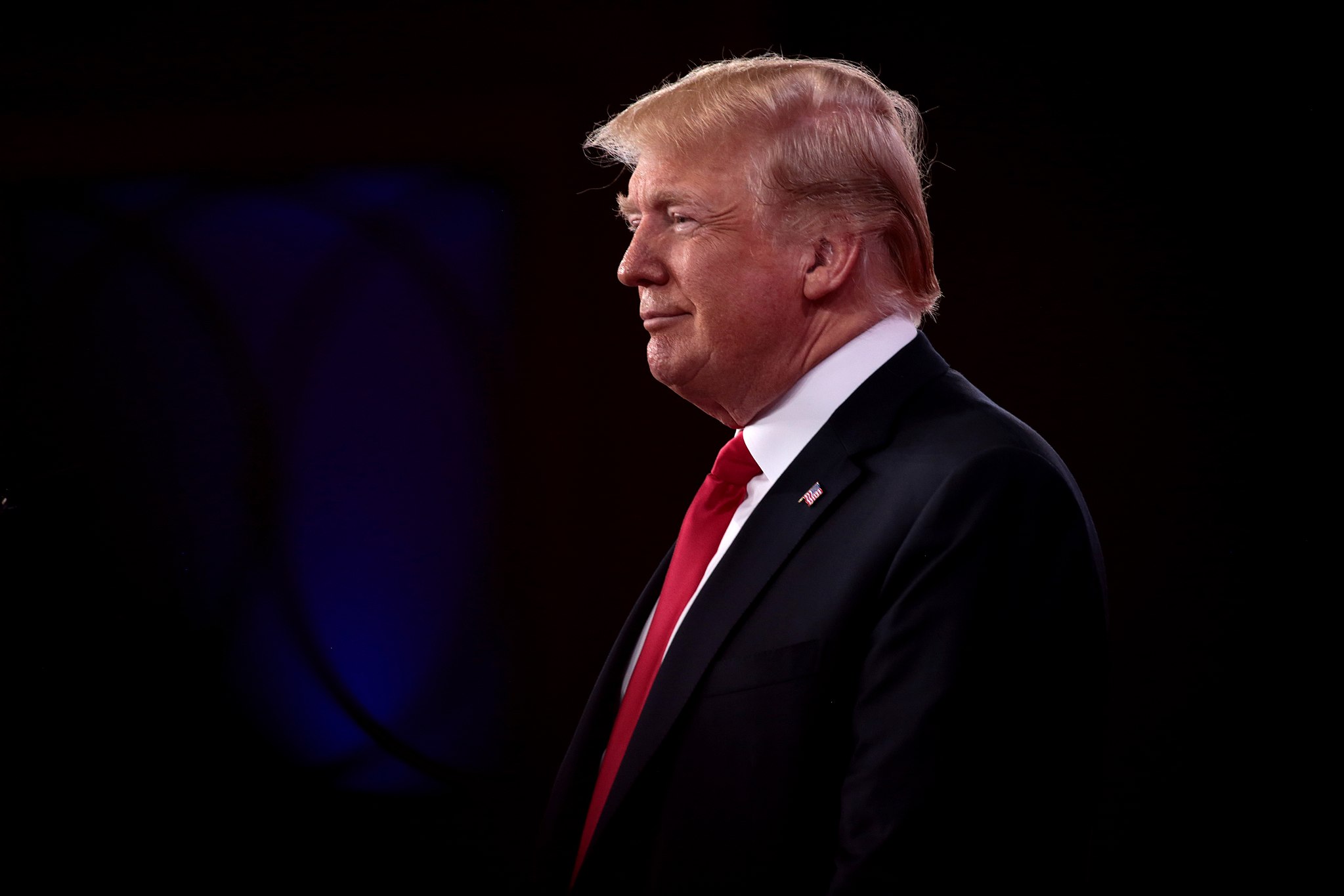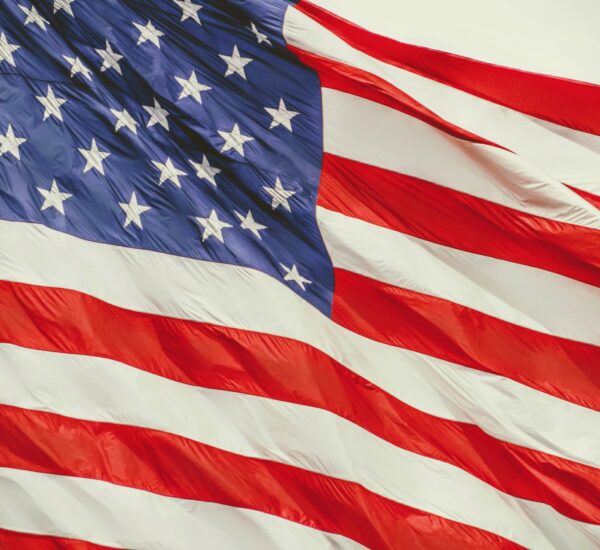The Justice Department opposes the former President Trump’s attempt to postpone his document-related trial until after the 2024 elections. They refute his claims that the government hasn’t adequately provided evidence access.
A recent legal move, hinting at wanting to push back the trial date, was acknowledged in a court document on Monday by special counsel Jack Smith’s team. They said, “The concerns presented in the defendant’s motion don’t justify the postponement they’re asking for.”
Last week, Trump’s legal representatives, voicing concerns over their ability to examine classified evidence in the case and citing their extensive caseload due to multiple charges against Trump, asked to postpone the trial until “at least mid-November 2024.”
These lawyers argue they haven’t yet seen all the classified information related to a new indictment charging Trump with an additional Espionage Act violation and accusations of erasing security footage from his Florida residence.
Furthermore, Trump’s representatives claim they can only review the top-secret documents at a small temporary location in Miami, a place they need to visit in person, all while managing Trump’s trial dates related to allegations from the 2020 election aftermath.
However, the special counsel’s team believes Trump’s side is overstating their challenges. They point out that essential documents have been provided promptly post-arraignment for all involved. The government stresses that they’ve complied with discovery requirements and any delay isn’t a reason to push the trial.
While acknowledging the unique logistical challenges posed by the highly sensitive documents in question, the government emphasizes that blaming these issues on the special counsel’s office is misplaced. They note that Trump’s team had opportunities to review these documents in Washington, D.C., rather than Florida.
This debate emerges amidst Trump’s team’s grievances about juggling responsibilities between D.C. and Florida due to Trump’s dual federal legal challenges.
In Florida, Trump faces 32 Espionage Act violation charges for improperly handling documents and several more charges related to hindering their return to the authorities.

